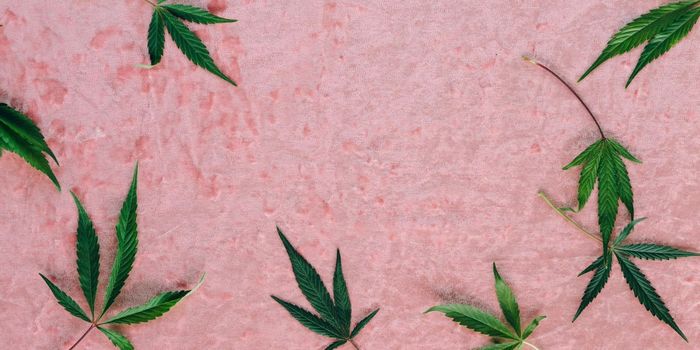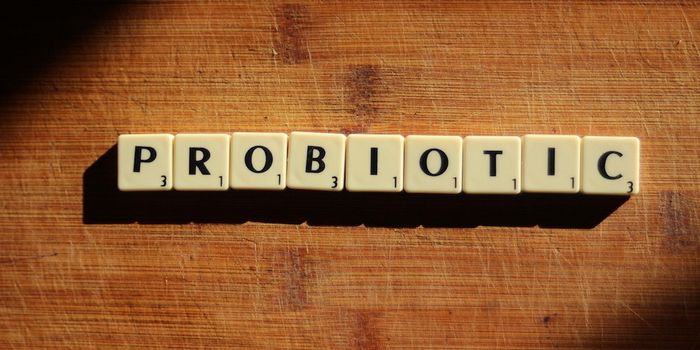Magic Mushrooms Help Severe Depression in 42% of Recent Test Subjects
Psilocybin is the active ingredient in ‘magic mushrooms’ that leads to hallucinations and other psychological effects in humans when they are consumed.

As you can imagine, the legalities of using such methods to treat carious medical conditions has been virtually nonexistent due to the strict legal ban on such contraband.
On the other hand, there have recently been some sought-after trial periods in the U.K. where 12 patients with severe depression were given controlled doses of psilocybin to see how they would react to it.
The treatment method takes a new approach to using current treatment methods, which involve taking serotonin re-uptake inhibitors (SSRI), or forms of electroconvulsive therapy.
The group of people, which was reportedly half male and half female, had all been diagnosed with severe depression that was so strong, modern treatment methods have remained unsuccessful for as much as 17.8 years in some of the patients.
Having had enough, they signed up for the trial to try something new. The findings of the experiment appear in The Lancet Psychiatry.
After no more than just one week after the trial began, all of the 12 test subjects reportedly say improvements in their depression symptoms. Five of the test subjects claim they were in complete remission, not having a single depression symptom.
The researchers, content with the findings, note that current SSRI treatment methods only have a 20% success rate, which compares to psilocybin’s 42%.
“Our conclusion is … we are simply saying that this is doable,” says Robin Carhart-Harris, the lead author of the study, who keeps a politically-correct stance with the findings. “We can give psilocybin to depressed patients, they can tolerate it, and it is safe. This gives us an initial impression of the effectiveness of the treatment.”
The findings don’t necessarily mean that shrooms are going to be the next treatment for depression, but the idea that so many of the test subjects saw improvement shows that it could be a viable way to treat depression symptoms in some patients.
Additional testing would be needed to confirm the safety, as well as to ensure the testing wasn’t a fluke scenario.
Source: Nature News, Quartz








